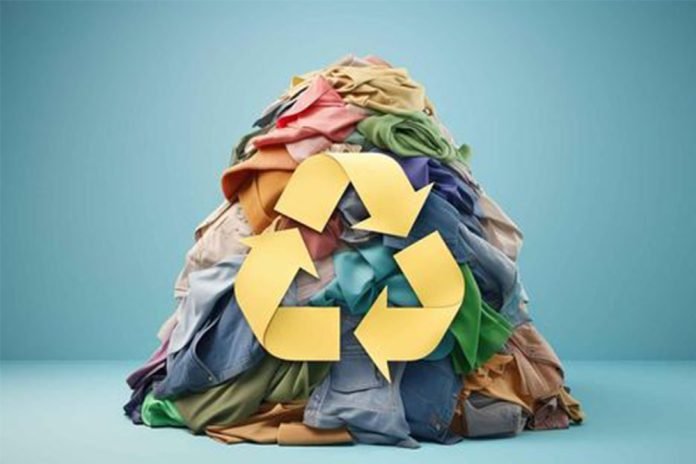Fashion and textile waste is a pressing global challenge, demanding robust extended producer responsibility (EPR) policies and collaborative efforts, as highlighted in a recent report by the Ellen MacArthur Foundation, a circular economy non-profit. The report stresses the need for significant, ongoing funding to establish large-scale separate textile collection systems, covering the management costs of all discarded textiles, not just those easily reused.
buy augmentin online https://youngchiropractic.com.au/wp-content/uploads/2025/01/png/augmentin.html no prescription pharmacy
EPR policies, which assign producers responsibility for collection, sorting, and recycling of their products after consumer use, are crucial for securing such funding. Well-designed EPR policies can improve cost dynamics and transparency in global material flows, attracting investments needed for scalable textile reuse and recycling infrastructure.
To enhance effectiveness, brands and retailers must design products for durability and recyclability. This approach is essential given the complexity caused by low durability standards and diverse material compositions in the market, which challenge collectors and recyclers.
buy flexeril online https://youngchiropractic.com.au/wp-content/uploads/2025/01/png/flexeril.html no prescription pharmacy
Moreover, brands should prioritize sourcing virgin materials from renewable sources and adopting regenerative agricultural practices. The report emphasizes that coupling EPR policies with circular business models—such as repair, rental, remaking, and resale—can yield economic benefits while significantly reducing environmental impact.
buy zoloft online https://youngchiropractic.com.au/wp-content/uploads/2025/01/png/zoloft.html no prescription pharmacy



